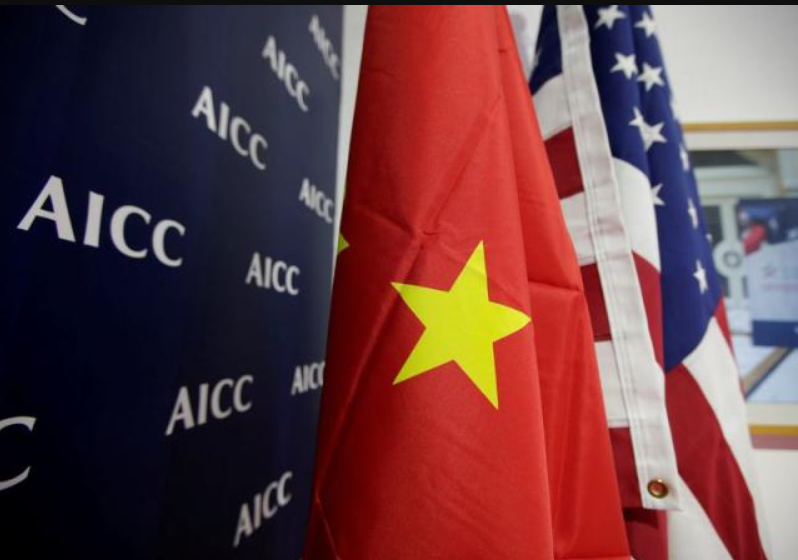
In a joint proclamation, the United States of America and five of its key allies, including Japan, criticized economic coercion and nonmarket policies involving trade and investment. Although China was not specifically named in the declaration, it was evident that Beijing was the target of their criticism.
The six nations have voiced their worry about some activities which, in their words, “undermine the functioning of and confidence in the rules-based multilateral trading system.”
The statement that was published by the United States, Japan, Australia, Canada, New Zealand, and the United Kingdom has no impact on the economy and is similar to the one that was released by the Group of Seven nations following a summit of leaders a month ago.
Before the statement was made public, an official from the United States Trade Representative spoke to reporters on the condition of anonymity and said that China was the country that was most responsible for the behavior that was denounced in the proclamation.

The U.S. and allies oppose economic pressure, focusing on China.
The official cited China’s decision to shut off commerce with Lithuania in 2021 as an example of the sort of economic pressure that the declaration singles out as an example of the kind of economic coercion that the declaration singles out. This decision was made after Lithuania allowed Taiwan to build a diplomatic presence there.
The official, in answer to a query posed by a reporter, dismissed any comparison to the United States, which has become one of the most prolific producers of measures that may be viewed as economic coercion. These measures are mostly implemented in the form of financial penalties and bans on technology exports to nations such as China.
According to the official, the imposition of sanctions by the United States was done in line with the laws and processes of the United States, as well as taking into account any applicable standards and norms. The proclamation makes it very clear that it does not apply to activities that have “a legitimate public policy objective.”
According to the declaration, “these legitimate public policy measures include: health and safety regulations, environmental regulations, trade remedies, measures and sanctions to protect national security, and measures to protect the integrity and stability of financial systems and financial institutions from abuse.”
